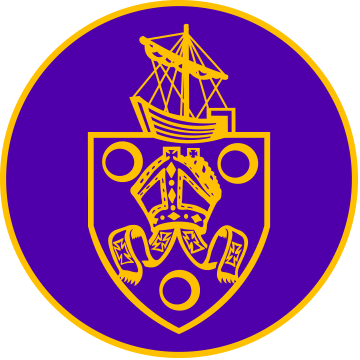Year Six
Welcome to Year 6
Welcome back!
Click on the sections to find out more about each Term's learning.
Hello from the Year 6 Team!
In Year 6, the class teachers are Mrs Logan (class 13 Mon-Thurs), Miss Rand (class 13 Fri) and Mrs Wilcox (class 14 Mon-Fri). We're lucky enough to have Mrs Leat teaching us music every Thursday afternoon and Mrs Harrop, Mrs Mathers, Mrs Anderson and Miss Godliman also supporting us in our learning.
As a year, we aim to be kind, enthusiastic and creative while being inquisitive about the world around us thinking about our school vision of navigate, inspire, challenge and succeed. We are all unique, with a huge range of individual skills, but we work hard together to be the very best team that we can be. There are so many experiences for us to have this year and we are looking forward to an exciting final year at primary school!
General Reminders
- PE is every Monday afternoon. The children should continue to come to school in their PE kit on their specified day.
- Homework is set weekly on a Wednesday to be due back in the following Monday unless specified. All homework is both handed out and set on Teams. We would like to encourage you to upload your child's work to Teams to get used to using an online system in preparation for secondary school.
- Water bottles - please ensure your child has a named water bottle in school.
- Children in year 6 are allowed to bring their phones to school but they must be handed in to a member of staff at the start of the school day.
- Year 6 are able to use the "Disco door" by the year 6 classrooms to arrive and leave school. If you would like your child to walk home by themselves, please give permission via the school office.
